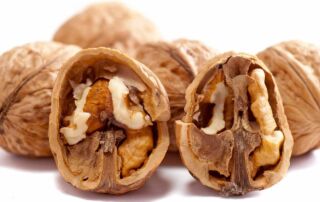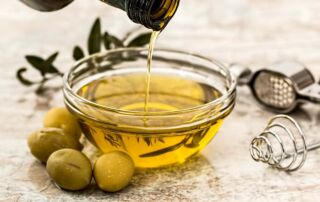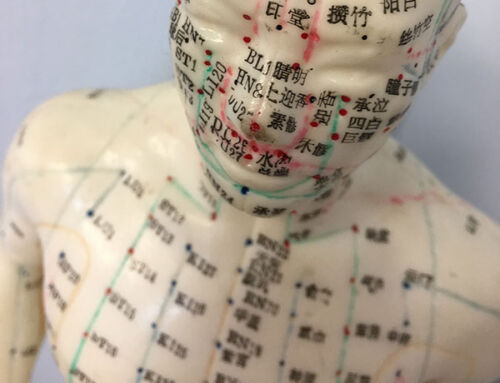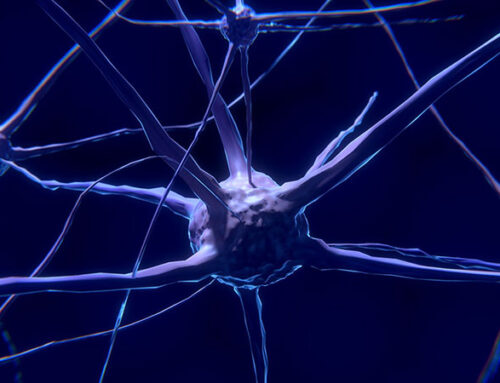Watermelon, a healthy pleasure!
by Patrizia Burdi
Mark Twain said that when we taste watermelon we know what the angels eat. And the angels undoubtedly eat well!
And the angels undoubtedly eat well!
Watermelon, the majestic fruit originally from Africa, the queen of summer, refutes the common and depressing belief that the food that we like the most is unhealthy.
It is, in fact, rich in lycopene, hydrocarbon of the beta carotene family and a powerful antioxidant with the capacity to reduce the risk of developing tumours (especially in prostate, breast, lung, stomach, cervix, pancreas and rectum cancer)1.
And this is not all. In a joint study, Israeli and Australian scientists have demonstrated that lypocene not only helps to prevent cancer but can also inhibit the progression of carcinogenic cells in tumours in the breast and the endometrium2.
The beauty of watermelon is that by eating it we absorb more lypocene than by eating raw tomatoes, and because it is low in calories (46 per 150 grams) it can be enjoyed in moderation even by diabetics or people with glycemic problems, considering that 190 grams produce 15 grams of carbohydrates3.
Moreover, it is rich in vitamin C and is a source of liquids that help us to remain hydrated, especially important when undergoing chemotherapy.
The American Institute for Cancer Research provides some suggestions about how to reap the greatest health benefits from watermelon.
When you take it home, keep it at room temperature for a few days without cutting it until it is fully ripe, since this is the best way to increase the levels of lycopene. Once opened, keep it in the fridge cut up in pieces and eat it within 5 days4.
1. Edward Giovannucci, Tomatoes, Tomato-Based Products, Lycopene, and Cancer: Review of the Epidemiologic Literature. Journal of National Cancer Institute, 1999 , 91 (4), pp. 317-331.
2. Amit Nahum, Keren Hirsch, Michael Danilenko1, Colin KW Watts2, Owen WJ Prall, Joseph Levy and Yoav Sharoni. Lycopene inhibition of cell cycle progression in breast and endometrial cancer cells is associated with reduction in cyclin D levels and retention of p27Kip1 in the cyclin E ± cdk2 complexes. Oncogene (2001) 20, 3428 ± 3436.
3. http://www.mayoclinic.org/diseases-conditions/diabetes/expert-answers/diabetes/faq-20057835
4. http://www.aicr.org/press/health-features/health-talk/2013/07july2013/watermelon-lycopene-absorption.html?referrer=https://www.google.it/

CONTATTI
06.83977939
- info@aiscup.it
viale Regina Margherita, 302 – 00198 Roma













